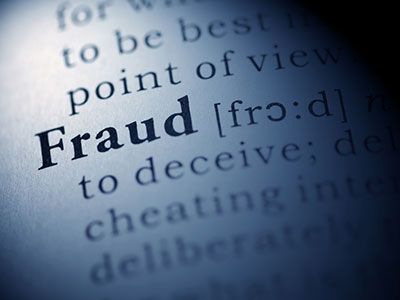On March 24, 2015, the Supreme Court issued its much anticipated decision in Omnicare, Inc. v. Laborers District Council Construction Industry Pension Fund, No. 13-435, 2015 WL 1291916 (Mar. 24, 2015). With some significant caveats (discussed below), the decision is largely protective of issuers: it enshrines the distinction between “opinions” and “facts,” and generally makes it difficult to hold issuers liable for securities fraud based on statements of opinion.
In brief, the Court held that issuers that include opinions in a registration statement may be liable under Section 11 of the Securities Act of 1933 (the “Securities Act”) for making an untrue statement of fact only when the issuer does not subjectively believe the stated opinion. In so holding, the Court rejected the Sixth Circuit’s view that an honestly-held opinion that was at the time or later proved to be untrue could subject the issuer to liability. As the Court put it, Section 11 “is not, as the Court of Appeals and the [plaintiffs] would have it, an invitation to Monday morning quarterback an issuer’s opinions.”
READ MORE →






